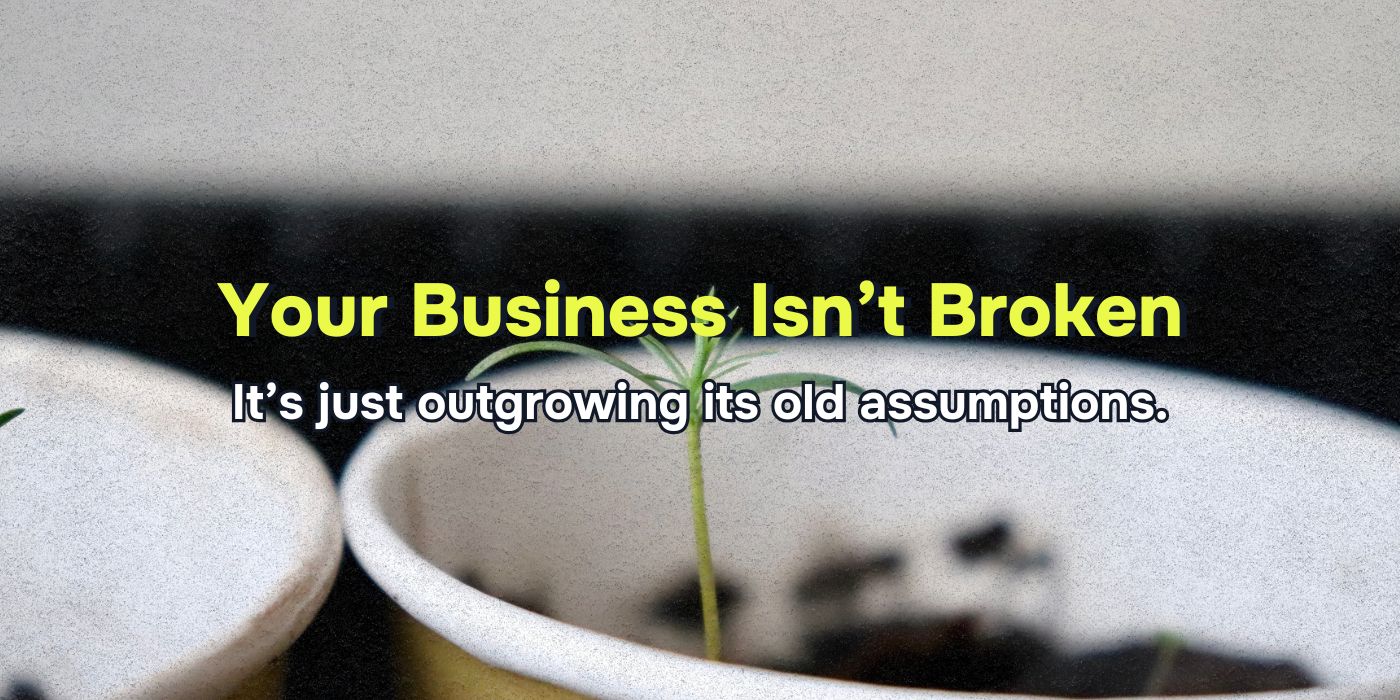Key Takeaways
- SGE filters, it doesn’t replace. It rewards clear, specific, helpful content — and filters out fluff.
- Forgettable content loses. Generic, keyword-stuffed pages won’t survive the AI pass.
- Structure and specificity win. Answer real questions, use schema, and write like a human.
- Clicks still happen — and they’re better. SGE users are more qualified. Value beats volume.
When Google first announced its Search Generative Experience (SGE), most marketers did what marketers do best: panic.
- Would this kill organic traffic?
- Would no-click summaries make websites irrelevant?
- Would Google just absorb all our hard work and feed it to users in a tidy little AI box — without attribution, without clicks, without results?
The fear was understandable. But the reality? Less dramatic, more strategic — and, if you know how to adapt, actually better for serious marketers.
Google’s generative search isn’t a death sentence. It’s a filter. A tighter, smarter, more context-aware sorting mechanism that rewards content designed to help humans — not just rank on keywords.
If you know how to create with that in mind, you’re not in trouble. You’re ahead.
Here’s why.
SGE Doesn’t Eliminate Search — It Organizes It
Think of traditional search as a firehose. Everyone with a blog and a backlink strategy had a shot at ranking. Volume was high. Relevance? Not always.
SGE changes that.
Now, when someone searches, Google doesn’t just return a list of pages. It tries to answer the question — summarizing relevant, high-quality content and (sometimes) linking to the sources that informed the answer.
This isn’t a black hole. It’s a sorting layer. A way to filter out low-effort content and surface information that’s genuinely useful, contextually specific, and aligned with user intent.
If your content is that — helpful, specific, trustworthy — you don’t lose. You rise.
The Real Threat Is Forgettable Content
The biggest losers in the new AI-driven search landscape aren’t great marketers. They’re lazy ones.
Content written to check a box. Paragraphs stuffed with keywords but offering no real insight. Listicles regurgitated from the first five search results. That’s what gets filtered out.
SGE is trained to identify redundant, surface-level, and regurgitated content — because its job is to synthesize the best ideas, not parrot the most common phrasing. If your site is blending in, it’s being ignored.
That means your challenge isn’t beating the algorithm. It’s being too useful, too specific, or too well-positioned not to be included.
Authority and Clarity Matter More Than Ever
SGE isn’t just scraping. It’s curating.
That means it’s actively looking for content that:
- Answers questions directly
- Demonstrates subject-matter authority
- Cites sources or experience
- Uses clear structure (headings, lists, FAQs)
- Includes location or product specificity
- Aligns with the user’s intent — not just the keyword
If your content is written in vague generalities, hides the answer 800 words down, or tries to serve everyone at once, it gets filtered out.
But if you speak with clarity, structure your content logically, and answer real questions with real insight? You’re building assets Google wants to feature.
Clicks Still Happen — But You Have to Earn Them
Yes, SGE is reducing some organic clicks. But the users who do click? They’re more qualified than ever.
Think about it this way: If your content is cited in the generative answer, or included in the “sources” Google displays underneath, you’re already halfway down the funnel. You’ve been pre-vetted by the algorithm as a trusted voice.
That means the person clicking isn’t browsing — they’re leaning in. SGE is filtering out noise and delivering people who are closer to conversion. So don’t optimize for volume. Optimize for value.
Local and Service-Based Businesses Have a Major Advantage
While big publishers worry about AI cannibalizing their traffic, local and service-based businesses are actually in a strong position.
Why?
Because SGE wants to show relevant, real-world providers. If someone searches “best roof repair near me” or “pediatric therapy in Bloomfield, NJ,” Google isn’t going to hallucinate a generic answer. It’s going to pull from actual service providers who:
- Clearly state their service and location
- Use structured data (LocalBusiness, FAQ, etc.)
- Have strong content that answers questions (pricing, process, reviews, timelines)
- Offer a clear next step (quote, consult, booking)
If you’ve structured your site well, optimized your homepage content, and built helpful landing pages, you’re not competing with Wikipedia. You’re rising to the top of a local, high-intent query funnel — and possibly showing up in the AI-generated box above traditional results.
How to Create Content That Gets Through the Filter
Want to futureproof your strategy? Here’s what to focus on right now:
- Structure your content for answers, not word count. Use H2s and H3s that mimic search queries. Frontload answers. Use FAQs. Think like a help doc, not a thought piece.
- Get specific — painfully specific. Replace “we offer digital marketing” with “we help local dental practices in Atlanta get more patients through targeted Facebook ads.” Specificity beats fluff. Every time.
- Add local and topical authority signals. Use schema. Embed maps. Reference local events or context. Give Google reasons to trust you’re the best result for this specific user.
- Double down on clarity and quality. Write like a real person helping another real person. If a 10th grader couldn’t understand your main point, you’re trying too hard.
- Refresh and refine regularly. SGE favors fresh, high-performing content. Keep your top pages updated. Add FAQs as they emerge. Build authority over time.
Final Thought
Generative search doesn’t eliminate content. It exposes weak content.
And that’s good news for those of us who’ve always prioritized clarity, usefulness, and relevance over tricks, hacks, and filler. Because now, the game isn’t just about showing up — it’s about being undeniably worth including.
If you’re creating content that serves users better than the competition, Google’s AI isn’t your enemy.
It’s your endorsement.
FAQs
Will Google’s AI summaries steal all my traffic?
Not if your content is valuable. SGE filters surface the most useful, trustworthy answers — and often cite or link to the source. Strong content still gets seen and clicked.
What kind of content is most likely to get filtered out?
Generic blog posts, keyword-stuffed fluff, and pages that bury the answer 800 words down. SGE favors clarity, structure, and usefulness over SEO theatrics.
How can I increase my chances of being featured in AI-powered search?
Write content that answers real questions, use structured headings, apply schema markup, speak clearly, and be specific about your audience, location, and offering. It’s about being the best source, not the loudest.


